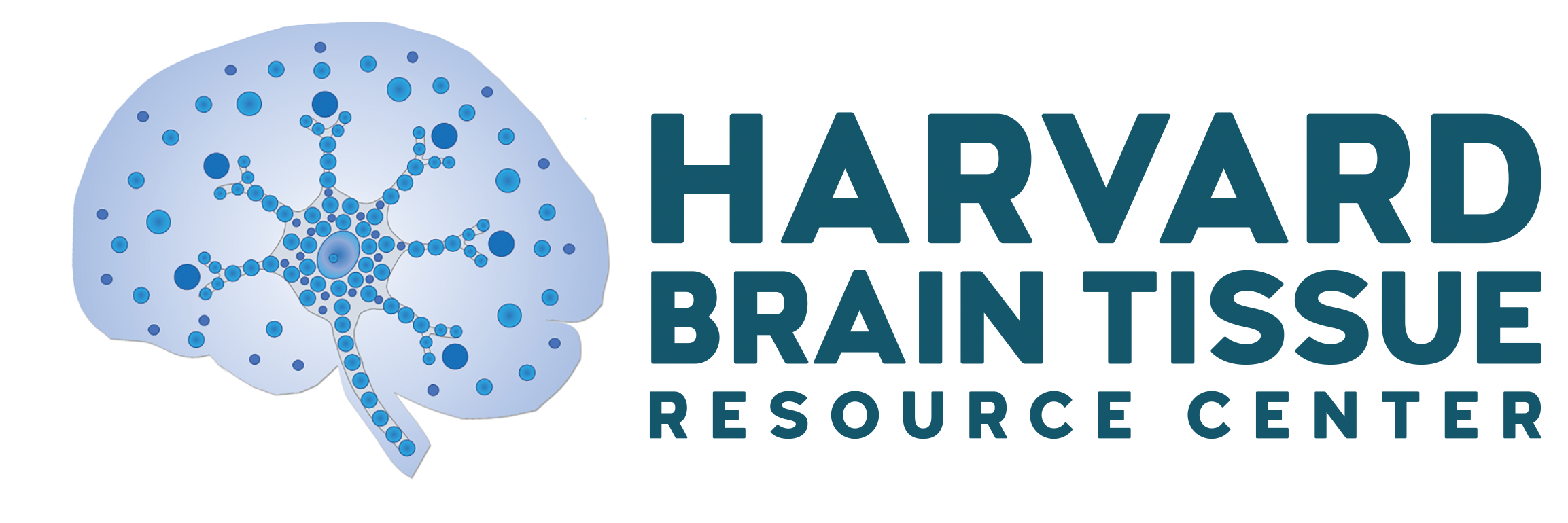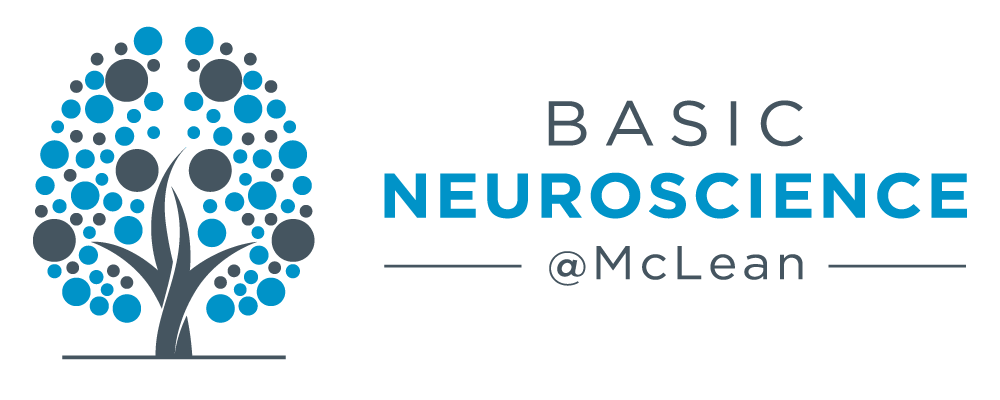Partners
Brain Recovery Specialists
The HBTRC is fortunate to collaborate with a network of highly-skilled independent specialists trained to carry out removal of brain and other tissues. In recent years, this network has been further expanded through collaborations between the NIH/NeuroBioBank sites, enhancing our ability to collect specimens across the US in an efficient and timely manner. Recovery specialists are often willing to travel several hours to reach a donor. They are familiar with the HBTRC protocols for brain removal and are equipped in advance with HBTRC brain removal kits.
If you are interested in joining this network of specialists and assisting the HBTRC with specimen recovery, please contact us during office hours at 1-800-BRAINBANK.
Important information for current and prospective recovery specialists:
Ensuring the privacy and confidentiality of brain donors and their families is critical. For this reason, we provide recovery specialists with secure means of communication with the HBTRC, as well as case codes to refer to brain donors. Informed consent is obtained remotely by the HBTRC from the next-of-kin/ legal representative. A copy is securely forwarded to the recovery specialist prior to the procedure. We rely on specialists’ professional commitment to protect confidentiality in order to secure and protect these forms.
Recovery specialists must be trained to carry out whole brain removal with no damage to the specimens using minimally invasive procedures. It is essential that the procedure does not alter a donor’s appearance in a way that would be incompatible with an open casket funeral.
- Time is of the essence. It is critical that a brain is recovered within the first few hours after death in order to be viable for research. The HBTRC appreciates schedule flexibility and availability after hours wherever possible, as well as willingness to travel to a donor’s location.
- The HBTRC has specific requirements regarding to the process of body refrigeration, brain removal, packaging and shipment. Detailed instructions are provided by the HBTRC during the brain donation and recovery process.
- The HBTRC, together with its sister NeuroBiobank repositories, maintains a roster of recovery specialists across the US. If your contact information has changed, kindly call us to update it, so that we can easily reach you if needed.
- Recovery specialists on the HBTRC roster are provided with brain removal kits to keep in storage so that they are readily available. Please help us with this process by letting us know if you need a kit.
COVID-19 pandemic-related information.
In response to the COVID-19 pandemic, the HBTRC has established additional safety requirements regarding brain recovery procedures. Below are measures in place for brain recovery from COVID-19 negative donors and COVID-19 positive donors.
- COVID-19 negative donors The HBTRC uses stringent criteria to determine whether a prospective donor is COVID-19 negative. We require a negative test within 48-72 hours of death, as well as results from previous testing. We also assess both donors and caretakers for potential exposure.
Recovery specialist will need to have access to the following PPE:
- N95 respirator or PAPRs
- Double surgical gloves interposed with layer of cut-proof synthetic mesh gloves
- Fluid resistant/impermeable gown
- Waterproof apron
- Goggles/face shield
- Surgical scrubs/shoe covers
- COVID-19 positive donors COVID-19 positive patients frequently suffer from neurological symptoms, indicating that the virus may affect the nervous system. Research on the effects of SARS-Cov-2 on the brain is thus particularly urgent and made possible by collection of COVID-19 positive donors. However, current data indicates that brain recovery procedures are likely to generate aerosol, which present the risk of potential SARS-Cov-2 exposure. In order to ensure recovery personnel safety and limit disease spread, recoveries for COVID-19 positive donors require appropriate PPE (listed above), as well as access to specialized facilities with adequate safety measures, such as recovery rooms consistent with CDC guidelines for post-mortem activities.
Facilities for brain recovery from COVID-19 positive donors should include the following features:
- Airborne infection isolation room (AIIR) with negative pressure air flow (minimum of 6 air changes per hour (ACH) or 12 ACH for renovated or new structures with air exhausted directly outside)
- Vacuum manifold or equivalent intervention for oscillating saws

